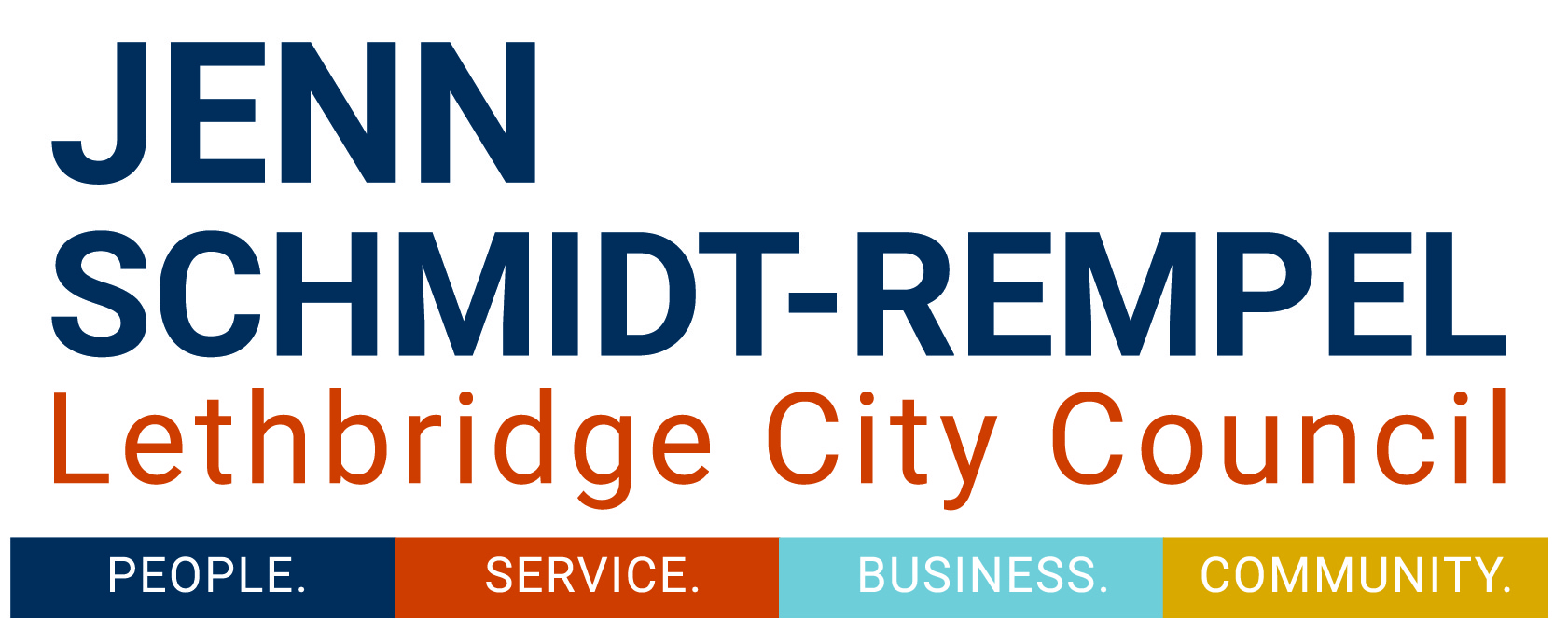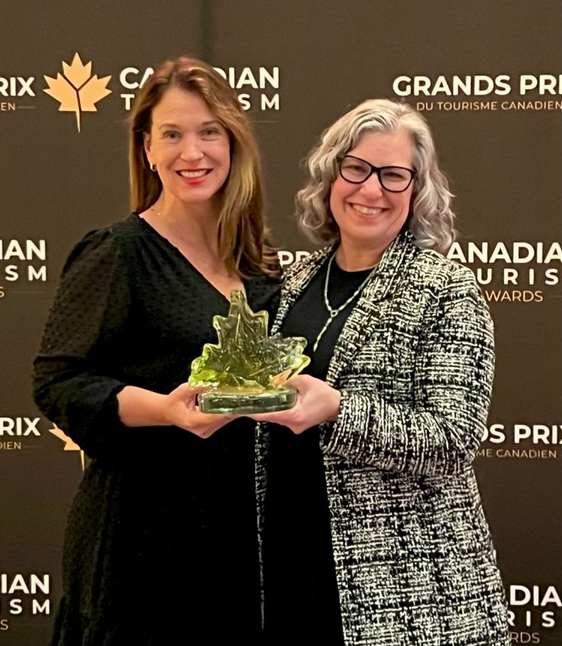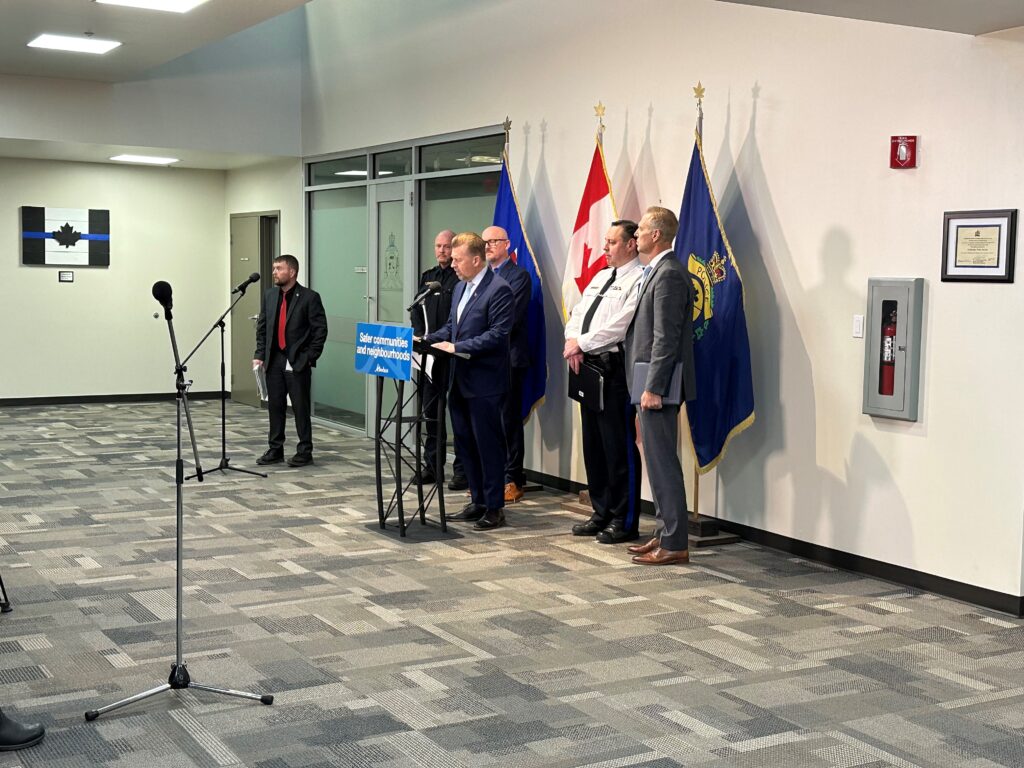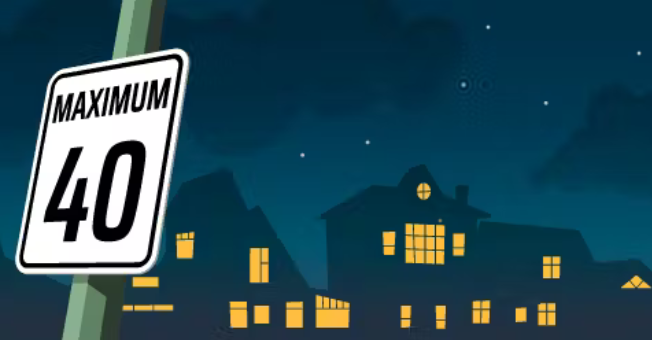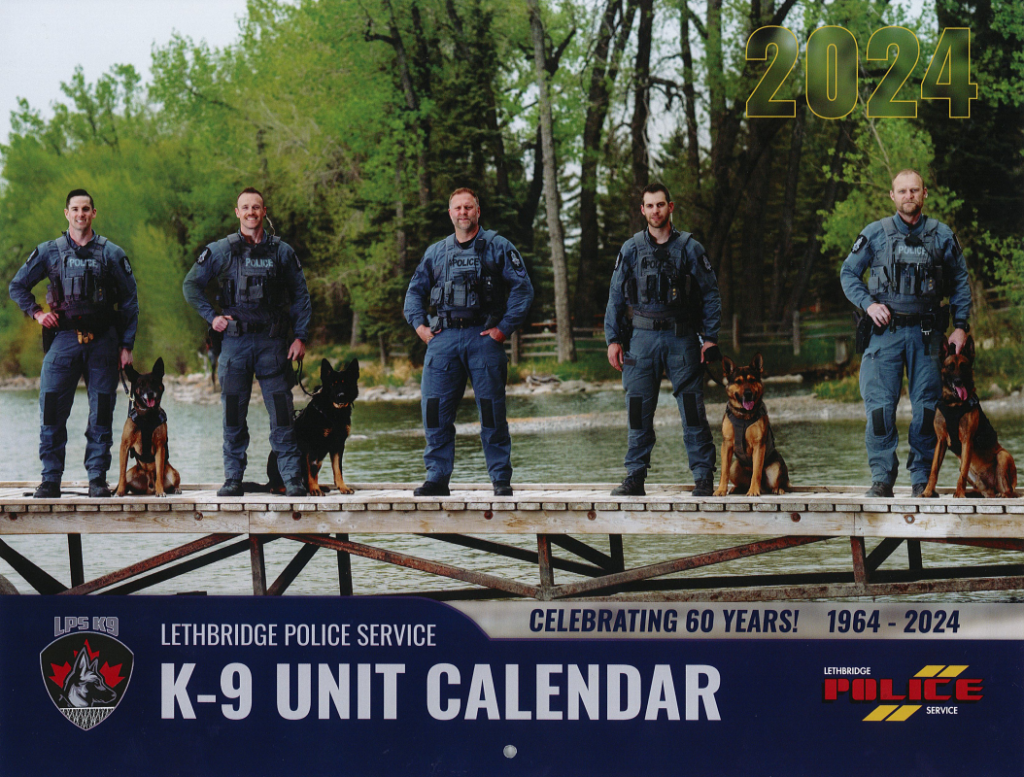On January 18, Economic Development Lethbridge, Lethbridge Chamber of Commerce, and Downtown BRZ released the results of their Brighter Together Business Survey. In its fifth year, this initiative seeks to have local businesses provide feedback about their current sentiments and overall business health. The survey results help anticipate and respond to current and future challenges in our area and help to highlight and articulate our comparative advantages as a city. Further, as most questions are consistent each year, it allows for inspection into trends and variables within the business community.
In a December Globe and Mail Op Ed by Todd Hirsch, he states that “Policy makers at every level need to facilitate entrepreneurship, encourage R&D spending, bolster education and simplify immigrant entry into the labour market. And if they need any practical ideas to get them started, they can refer to any of the thousands of policy papers put out by business councils and chambers of commerce.”
The Brighter Together Business Survey is one of these tools with practical ideas that informs my work on Council. Out of the results of this survey I can work with the survey partners to reach out to respondents and learn why they responded they way they did. It gives me an opportunity to learn and understand the sentiments of our local business community, and what work they need me to be doing for them.
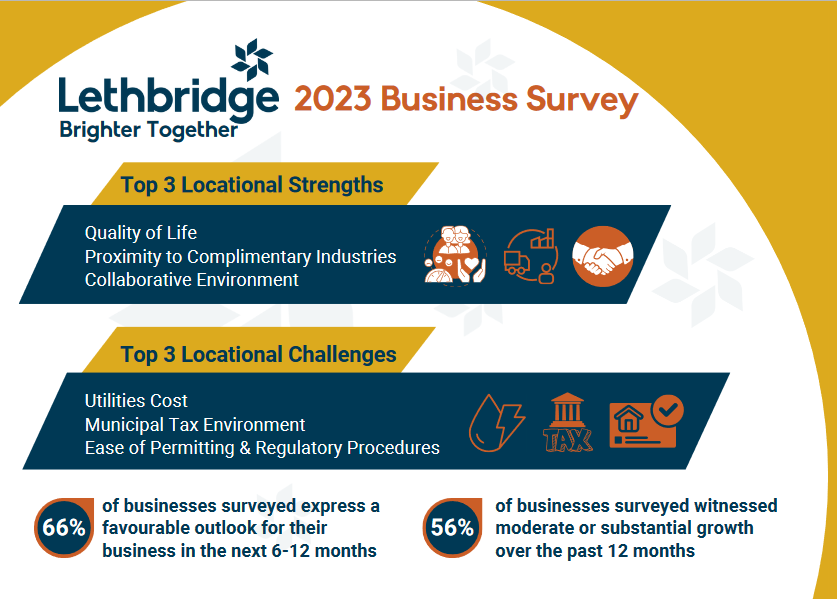
2023 Brighter Together Business Survey highlights include:
- Optimism among local businesses and organizations remains high, as two-thirds of respondents (66%) expressed a favourable outlook for the next 6–12 months.
- 56% of businesses mentioned witnessing a moderate or substantial growth in their business over the past 12 months.
- Locational strengths were consistent with previous years, with quality of life selected again as the top attribute. Other attributes include proximity to complimentary industries and a collaborative environment.
- An increasing share of respondents indicate they are likely to focus on upskilling and staff training over the year ahead.
- There is an elevated focus on improving company productivity, with two-thirds of respondents (66%) highlighting this.
- Employers are more likely to maintain the status quo regarding their workforce, with a rising proportion of respondents indicating their head count will remain the same over the next 6–12 months.
- The most pressing obstacles are related to costs, with rising cost of inputs, rising interest rates & debt costs, and rising cost of labour the top projected barriers for 2024.
- The top locational challenges to doing business were centred around costs with utilities, municipal tax environment, and ease of permitting and regulatory procedures.
- Businesses indicate they are seeking assistance with acquiring and retaining employees, and upgrading digital processes.
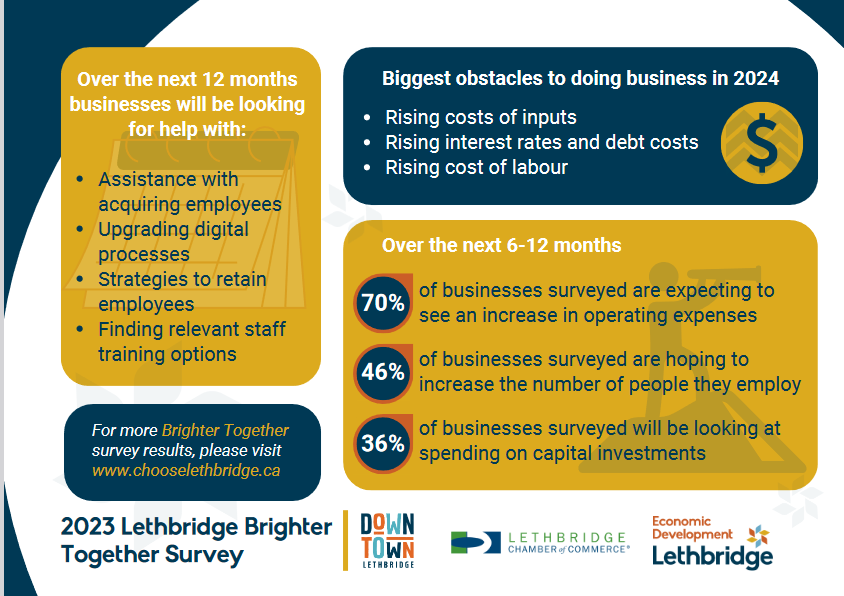
I believe that surveys such as this are a learning opportunity. They help me to understand business investment attraction, business retention and expansion, and entrepreneurship and innovation, all of which lead to job creation and help pay for City services, thus creating a vibrant community. Learning from our businesses and focussing on economic development is important to our city’s future. This survey provides an opportunity to understand where local business is coming from and where, if appropriate, positive change can be made.
Thank you to Economic Development Lethbridge, Lethbridge Chamber of Commerce, and Downtown BRZ for your work in this important initiative. I continue to look forward to engaging with you and our local business community.
If you have any questions at all, or would like to talk further about the work I am doing on Council, please contact me via this website, or email me at: jenn.schmidt-rempel@lethbridge.ca
